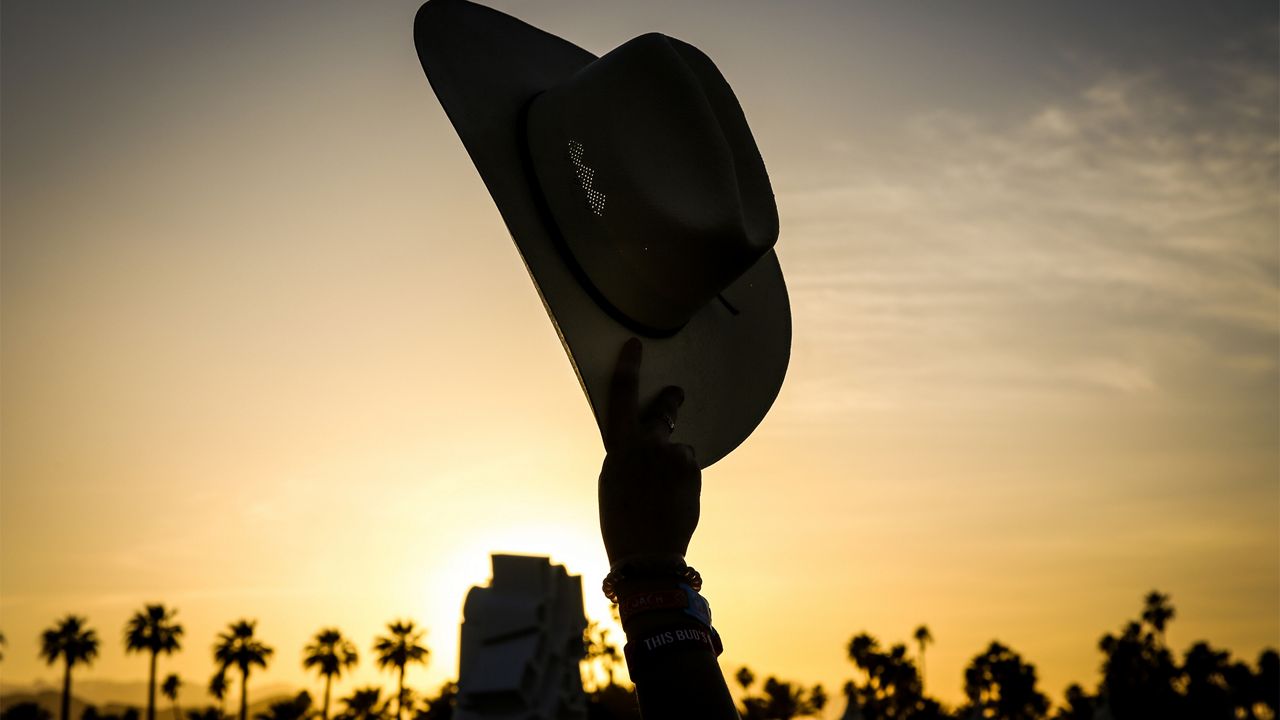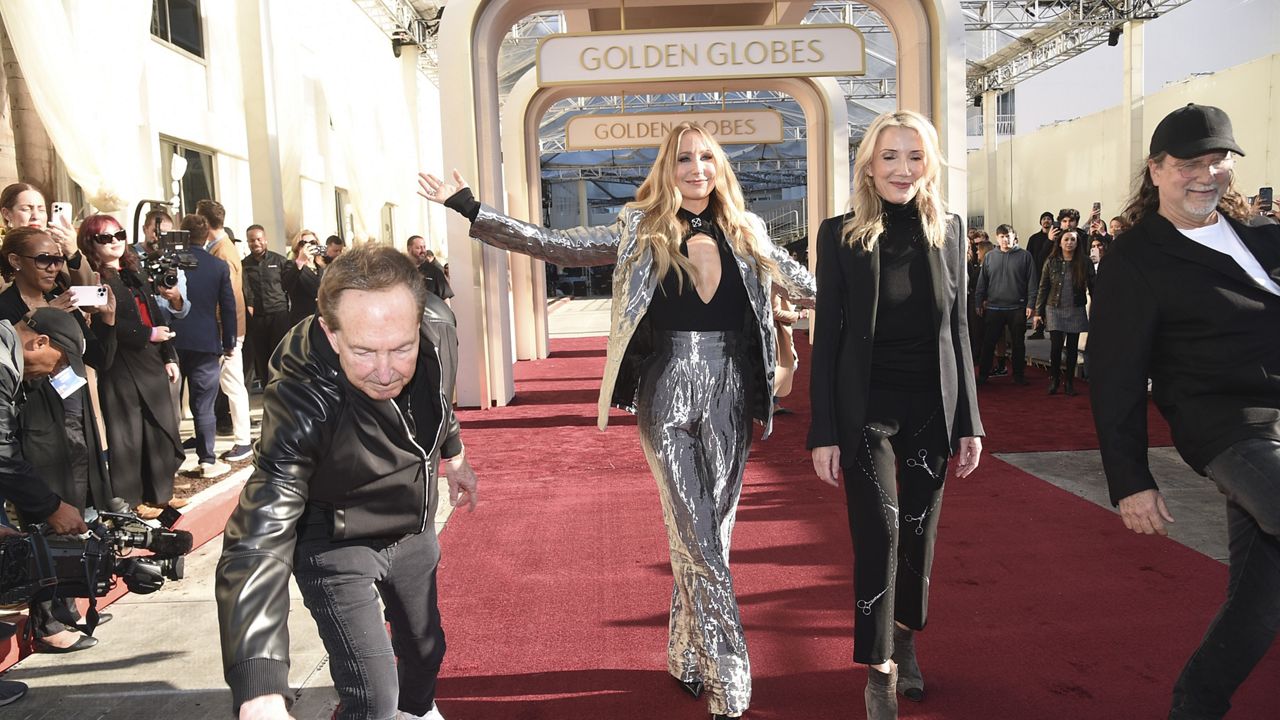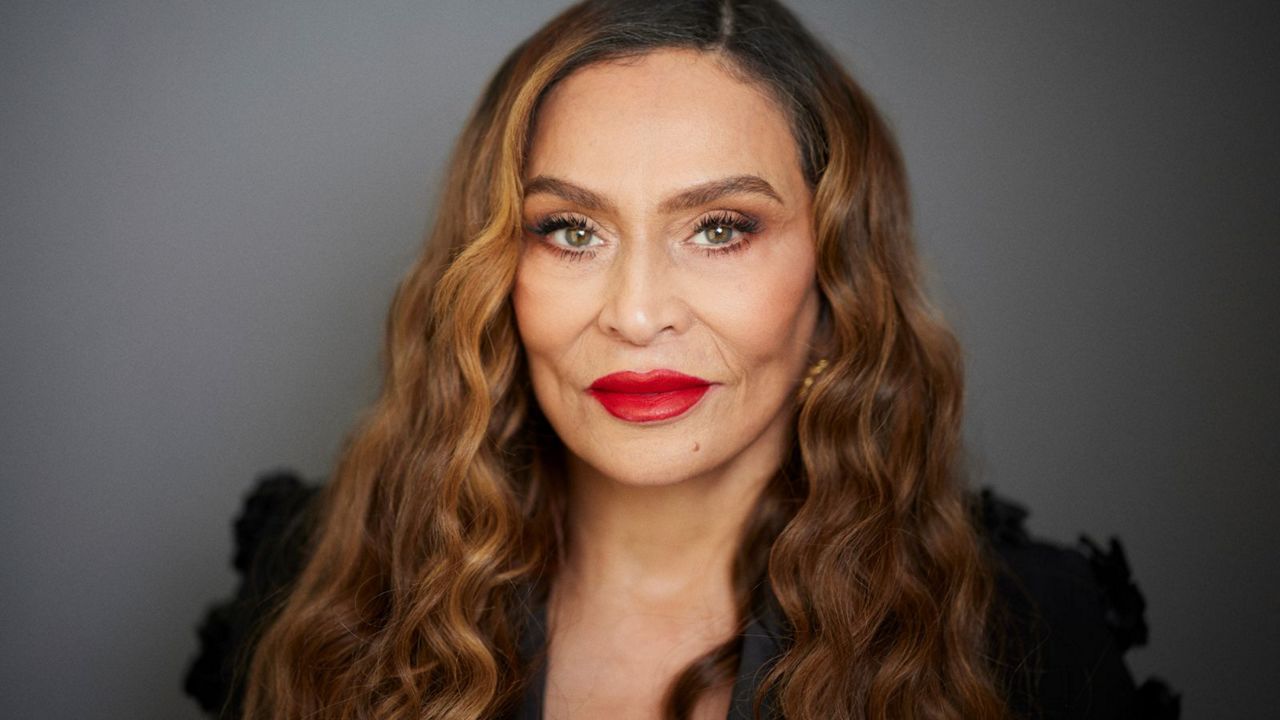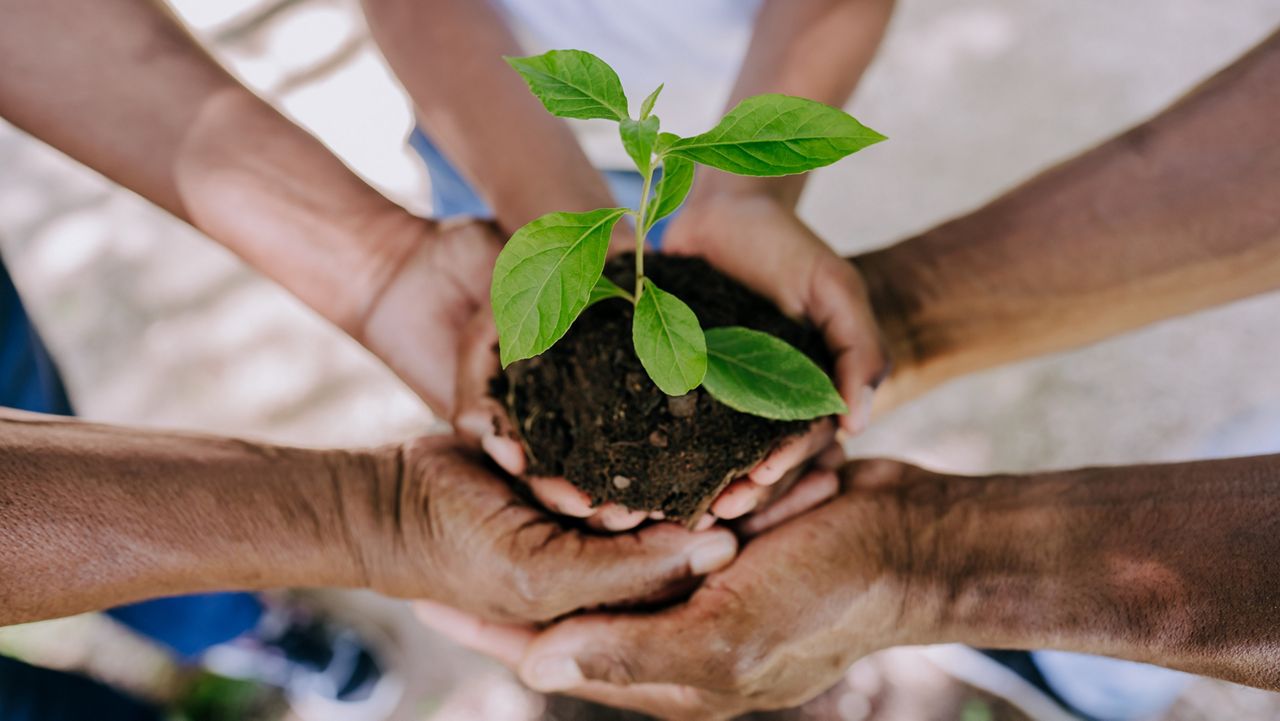LOS ANGELES — From the very first guitar strum of Daniel Fish’s “Oklahoma!,” it’s clear we’re in new territory. The same characters are all there on stage singing the same hummable songs you probably know and yet it feels like a brand new state — something wholly unfamiliar from the 1943 classic or the bright golden movie that followed.
As outdated as it may seem now that it’s a safe staple in high schools and regional theaters around the country, “Oklahoma!” was, in its day, groundbreaking. This is the first musical by Rogers and Hammerstein and one that broke the musical theater mold, pushing this form of storytelling into a whole different plain.
Christopher Bannow, who plays Jud in the national tour that is currently performing at the Ahmanson Theatre, is no stranger to these parts. He played Ali Hakim in a school production when he was 11.
“It was very good,” he deadpanned. “I’m sorry, you can’t see it.”
Chances are, though, it was nothing like Fish’s dark revival, which started at Bard College and which Bannow has been involved with since it opened on Broadway in 2019. This “Oklahoma!,” he points out, is a not nostalgia piece but an examination of American identity.
“We’re trying to approach the text as if we’ve never seen a production before,” Bannow explained. “And we’re trying to have a conversation with the audience where we’re acknowledging where we are in time and space.”
The space itself tells a story — a minimalistic set in a monochrome color reminiscent of a wheat field. It’s hard then to miss the guns that line the walls, 114 of them in total. Center Theatre Group points out these are made for the stage prop guns that are never used beyond the theater and the Broadway production claimed to be the first ever that was “gun-neutral.” For every gun that appeared on stage, the production donated money to nonprofits that focused on illegal firearms and gun violence. Signs in the lobby warned of gunshots, and audience members were sent a detailed list of when and how those four shots were used in the show, several of them involving scenes that center on Jud.
Often portrayed as a cookie cutter villain, Bannow fleshes Jud out in a way that makes audiences think more deeply about his journey, his role in the plot and his position in the town. He’s more than just an obstacle to Laurey and Curly’s romance.
“We’ve made it an equilateral triangle on this production. Excuse my geometry,” Bannow said, “where all three sides of this love triangle are competing in the same exact way. He is intricately connected to these two people.”
But as a farmhand living in the smokehouse, not equal to them. “Jud is lower class, working class, an outsider in this community,” he said, “and I think we’re just asking people to really question why those are the reasons that he has to be kind of expelled.”
While this rendition explores community through the lens of exclusion, inclusion was very much the focus of casting. On Broadway, Ali Stroker made history as the first actor in a wheelchair to win a Tony for her portrayal of Ado Annie. That role is now being played by Sis, who is trans. Will Parker, the man desperate to marry her, is played by Hennessy Winkler, who is also trans.
Orange County native Hannah Solow, who plays Gertie, believes it’s important that theater reflect the world around us.
“This cast represents 2022,” she said. “It represents America.”
Although she now wears cowboy boots, she grew up in Newport Beach and first fell in love with musicals at the since demolished Schubert Theatre in Los Angeles where she saw a production of “Cats” when she was 4 years old.
“A cat came and pawed me in the audience and I was like, ‘Ah, I love theater!’” she recalled.
Over the years, she saw many shows at the Ahmanson with her family, loved ones who are now able to see her perform on that same stage.
“It’s a very full circle moment for me and my family,” Solow explained. “Growing up, coming to the Ahmanson… it’s really special to be here for me. And honestly, I could cry thinking about it.”
She loves the up-to-date portrayal of women in this production of “Oklahoma!,” compared to the blushing giggling girls of countless revivals — and like all of the changes in tone and interpretation in this version, it’s all done without any adjustments to the actual text.
“The words are all the same. They haven’t been changed. We’re just digging into the deeper meaning of them,” Solow said. “These women are in charge. They know what they’re doing, and they can go and get what they want.”
What Bannow wants is more of what this “Oklahoma!” is serving: more people at the table, more stories from more perspectives, more exploration and evolution.
“We’ll only enrich and enliven each other’s artistic experiences by welcoming new members to the storytelling community,” he explained. “That includes the great American musical theater writers of the 20th century. They’re welcome to join with the great American theater makers of the 21st century. And I think that that’s a beautiful thing.”
Oklahoma! is running at the Ahmanson Theatre through Oct. 16.











